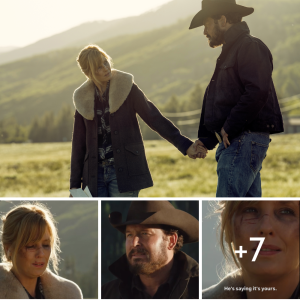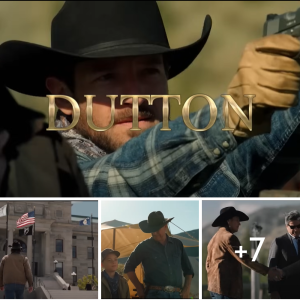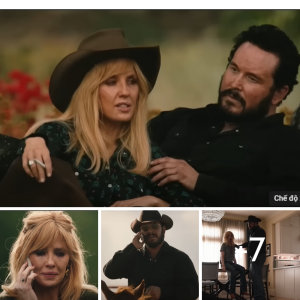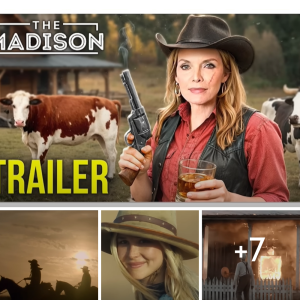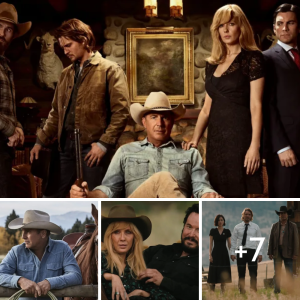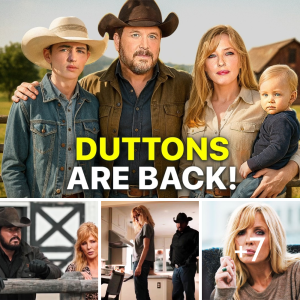When Taylor Sheridan created Yellowstone, he knew exactly what he was doing — and what he wasn’t. He wasn’t making a grounded, historically accurate portrait of ranch life in Montana. He wasn’t writing the next great American novel in TV form. No, Sheridan was crafting something bigger, messier, louder — something he proudly calls a “horse opera.”
And here’s the twist: it worked.
From the very beginning, Yellowstone polarized critics. The first season limped out of the gate with a lukewarm 58% rating on Rotten Tomatoes. Critics dismissed it as melodramatic, over-the-top, and emotionally exaggerated. And honestly? They weren’t wrong. But what they missed was that Sheridan didn’t intend for the show to make sense in a traditional way.
As Sheridan himself recently told Gold Derby in a conversation with director Peter Berg, Yellowstone isn’t about realism — it’s about spectacle, legacy, chaos, and contradictions. The story of the Dutton family, led by Kevin Costner’s magnetic performance as John Dutton, isn’t meant to be a subtle character study. It’s a full-throttle, operatic journey through power, pride, pain, and property lines.
Sheridan referenced author Gretel Ehrlich calling his show a “horse opera” — and embraced the label. “It makes no sense and it’s not trying to,” he admitted, with a smirk. Yet somehow, through the drama and the dust, Yellowstone became a ratings juggernaut and a cultural phenomenon.
That’s the Sheridan magic: knowing exactly when to abandon the rulebook.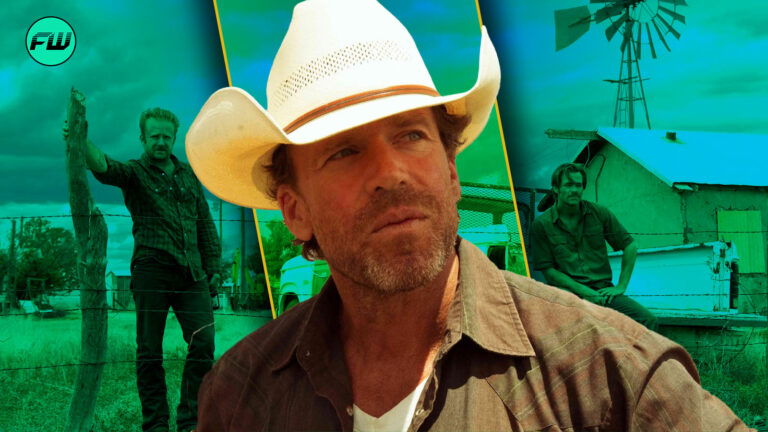
Yellowstone doesn’t aim to reflect the West — it mythologizes it. The show features shootouts, family betrayals, romantic entanglements, and sweeping panoramic shots of untamed wilderness. It’s part soap, part Shakespeare, part country song. And that’s why it works. It taps into an American hunger for stories about land, loyalty, independence, and defiance.
While some Westerns have tried to merge cowboys with aliens (a trend Sheridan scoffs at), Yellowstone sticks to the roots of the genre — even if it stretches reality to its limits. Yes, the plot twists are wild. Yes, there are moments when logic takes a backseat to drama. But Sheridan understood from the start that audiences weren’t looking for a lecture on cattle management. They were looking for a story that felt big.
And Sheridan believed in it from day one. “I knew it was going to be a hit,” he told Berg. “A Western done well is a universally loved genre… It captures everything American — this sense of freedom and vastness and independence. And there’s a romance to it.”
So while Yellowstone may not always make perfect sense, it never stops being compelling. It’s a show that understands its audience and delivers unapologetically on every front — grit, grandeur, and good old-fashioned chaos.
Stream Yellowstone now on Peacock Premium — and saddle up for a wild ride.
